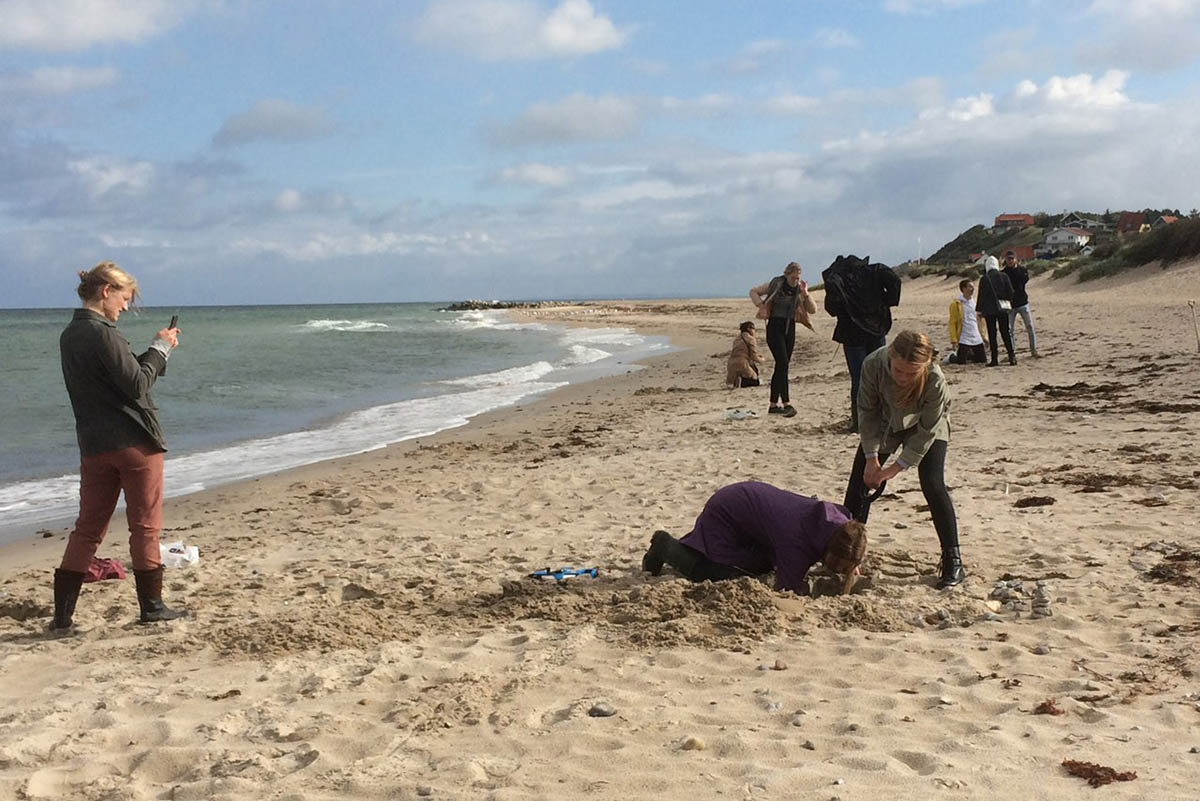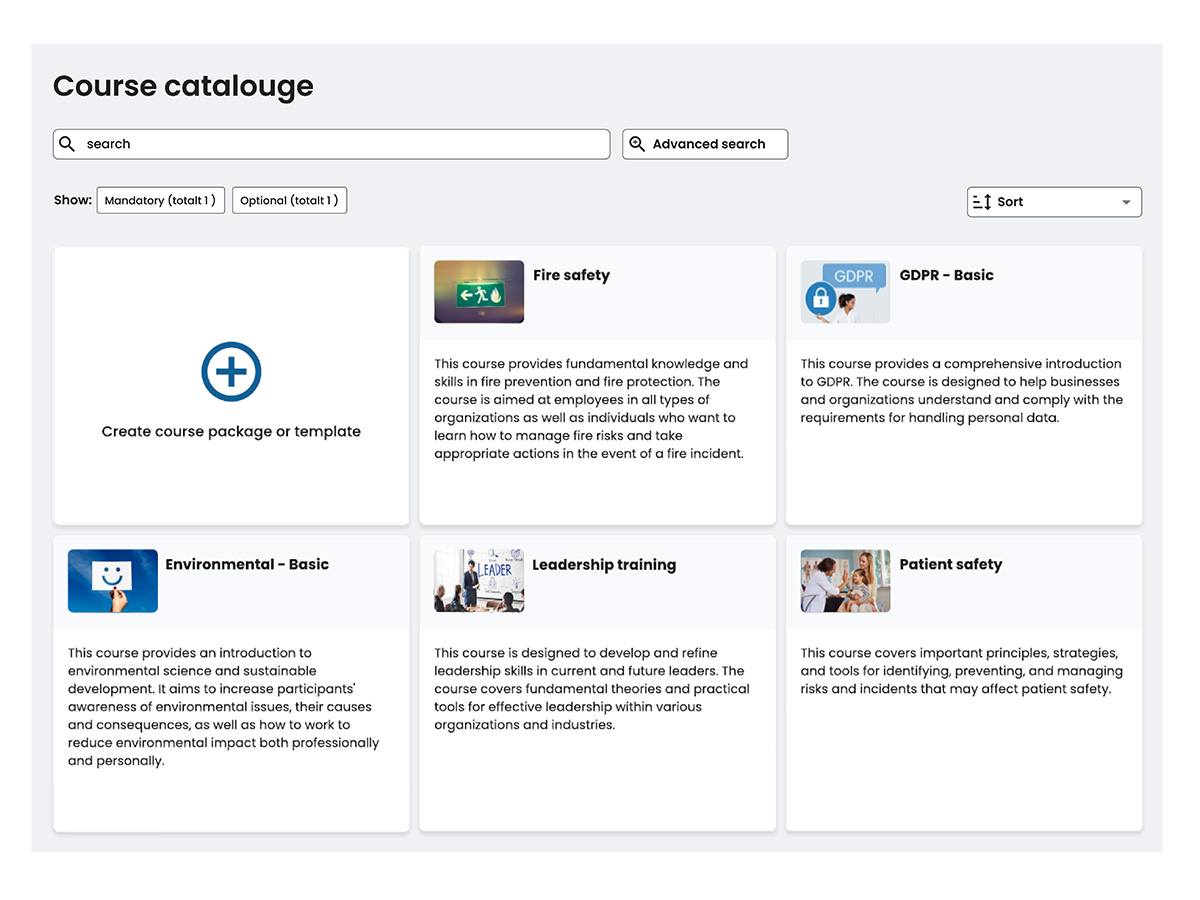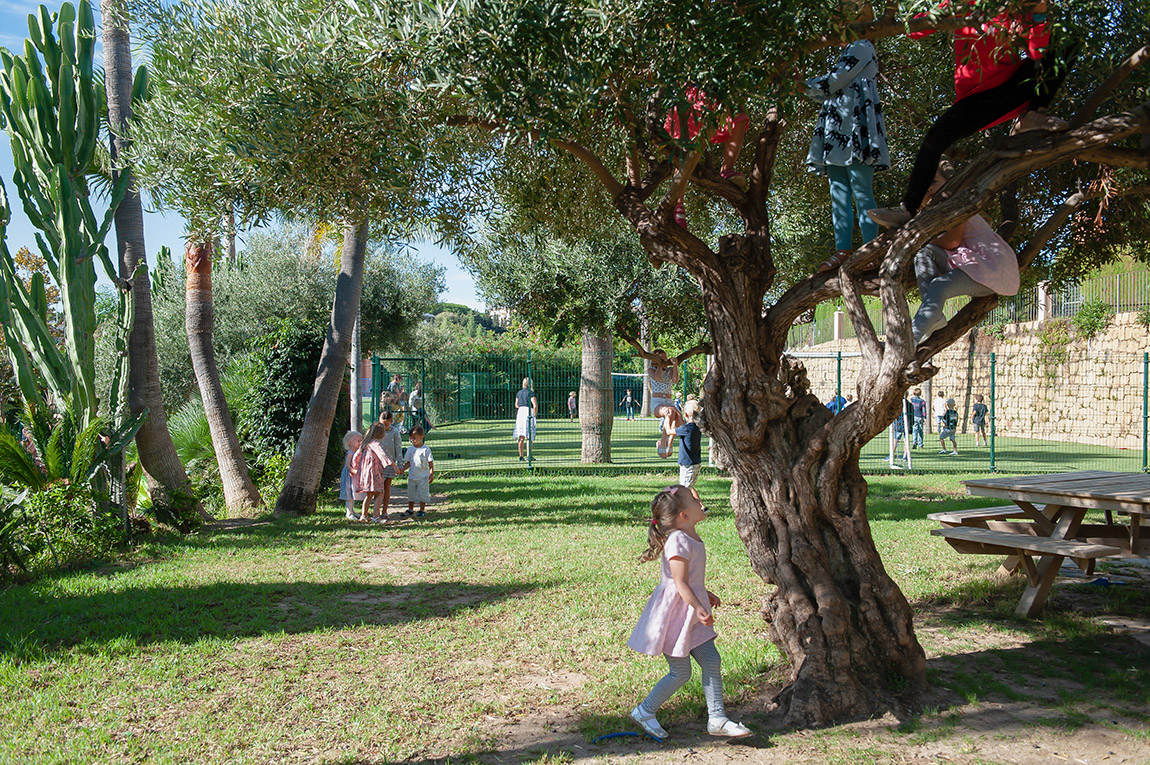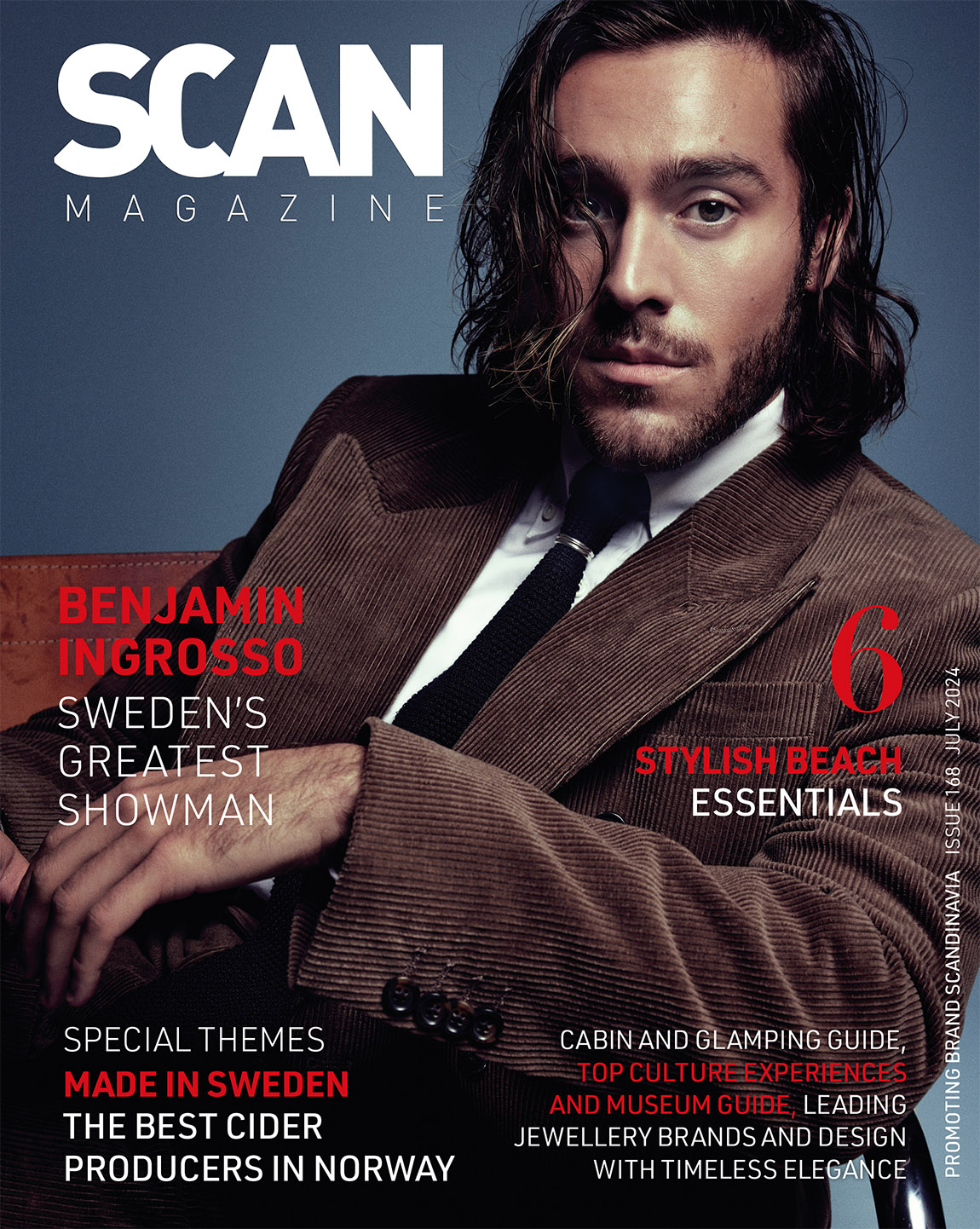Gribskov Gymnasium: Turning school into an Arctic adventure
Text: Signe Hansen | Photos: Gribskov Gymnasium

Four different schools, four different nations, and four different cultures – Gribskov Gymnasium’s new North Atlantic Class will give students the experience of a lifetime. The class will bring together students from Iceland, Greenland, Denmark and the Faroe Islands through an ambitious study programme.
Starting this summer, the North Atlantic programme will allow teens from the four North Atlantic nations to study and live in each other’s countries. The students will a spend their first year in Denmark, then spend the two semesters of the second year in the Faroe Islands and Iceland, finishing with a year in Greenland. This set-up gives the youngsters a unique chance to use their time in secondary school not just to prepare for their further education, but also to broaden their cultural and social horizon, believes Kristoffer Høy Sidenius, principal of Gribskov Gymnasium. “In Denmark, many young people go to southern Europe during their time in secondary school – few go north. We hope to broaden their horizon. They will study in four different countries over three years, and they will not just experience different schools, but also different societies and different environments.”
The first class of the programme will start this summer and is open to Danish-speaking youngsters from all four nations.
Academic and social skills
Despite the historic and current connections between the four nations, the North Atlantic Class is the first of its kind. The idea for it originated in a wish to connect young people from the North Atlantic nations and to try something that no one had done before, explains Sidenius. “I was chatting to Poul Vilhelm Braad Jensen, the principal of GUX Sisimiut in Greenland [the school where students will spend their third year] about different possibilities for an exchange programme between our schools, when Poul said he had a much bigger idea – and this was it,” he says. “This way, the students will get a completely different experience than in a traditional exchange programme, where they might stay in one place for a few weeks – here, they get to experience everything in the North Atlantic, from the vibrant life in Reykjavik to the midnight sun and dark winter in Greenland.”
One of the future students is Icelandic Björn Rafnar Olafsson. “I think it’ll be exciting to travel around with a class of students from different countries, studying at different schools and meeting different people from Greenland, Denmark and the Faroe Islands,” he says.
No need for a gap year
To enrol for the North Atlantic Class, applicants have to submit a personal statement explaining their motivation for doing so. Furthermore, though the course requires no special qualifications, students should be both academically and socially strong, says Sidenius. “It’s going to be a special group; they will be academically skilled – otherwise it’ll be difficult – but they also have to be open-minded, and ready to adapt to new environments and meet new people.”
As part of the programme, students will study biotechnology as well as Arctic technology, a subject borrowed from the Greenlandic curriculum. Moreover, on top of the regular subjects, non-Danish students will have lessons in their native language, while Danish students will be able to choose from French, German and Greenlandic as their third language. However, while students will leave with a full Danish upper secondary school leaving examination, the most important thing they will take with them is, says Sidenius, the experience of having lived in and gotten to know four different cultures. “In Denmark, we often say that high school is the time of your life, and in this case, it most certainly will be,” he says, and rounds off: “When you’ve done this, you will have gained so many experiences and impressions, there will be no need for a gap year afterwards.”
Web: www.nordatlantisk.dk
Subscribe to Our Newsletter
Receive our monthly newsletter by email





